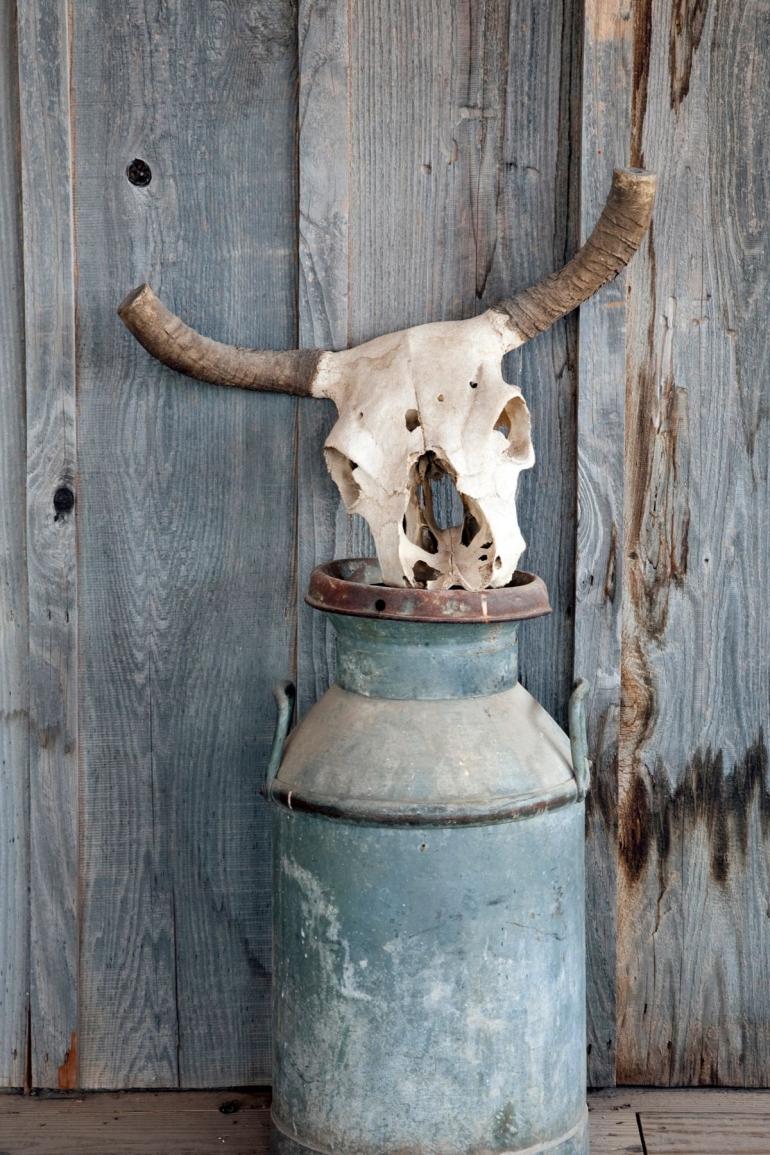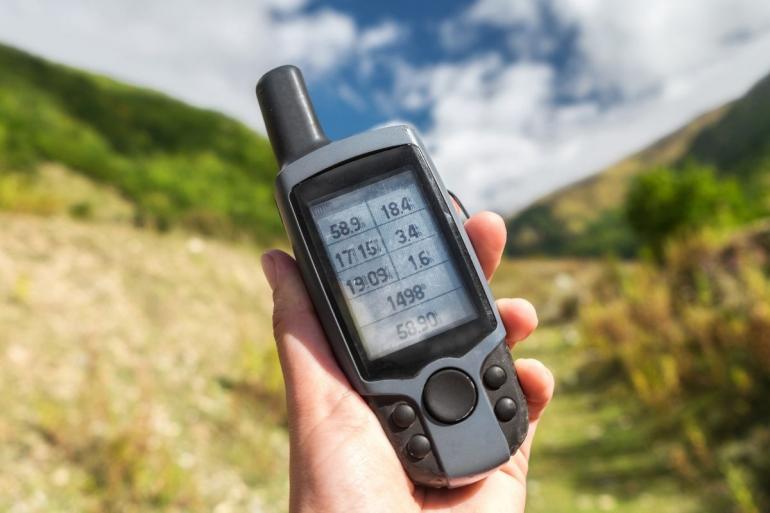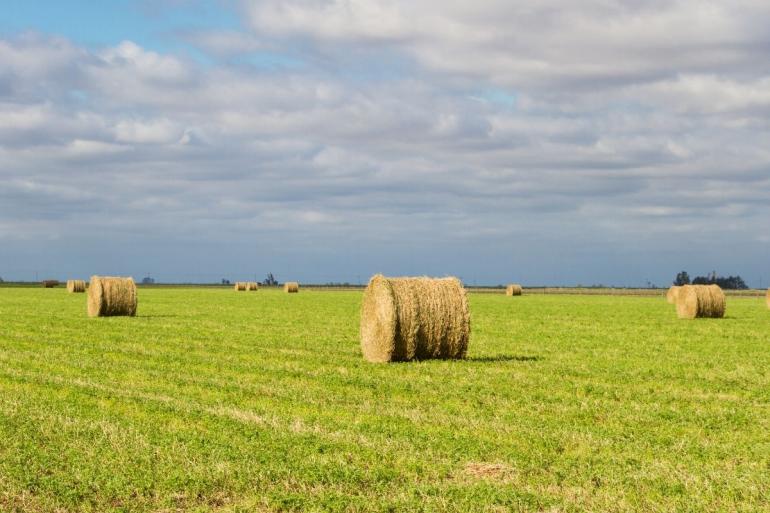Wild West Words: HONKY TONK, GEOCACHE, & ALFALFA
With Chrysti the Wordsmith

Honky Tonk
In August of 1888, the Honky Tonk Theater in Fort Worth Texas--a saloon, gambling establishment, and dance hall--was forced to close its doors by a prim Fort Worth city council. The next January, according to the Fort Worth Daily Gazette, “A petition to the council [was] circulated for signatures, asking that the Honky Tonk Theater on Main Street be reopened.”
According to the Oxford English Dictionary, this January 24, 1889’s citation was honky tonk’s printed debut. Other citations followed, mostly in newspapers in the Western states, where raucous and unsavory honky tonks (sometimes honk-a-tonks and honkatonks) mushroomed around new American settlements.
Citations of this moniker are easy to find in American documents, but its origins are elusive. Because no one knows its source, word watchers are left with a small handful of fanciful etymological theories about honky-tonk.
One speculation links 19th century piano manufacturer William Tonk and Brothers of New York and Chicago with the rolling piano music style typically associated with honky-tonk establishments.
The venerable Random House Historical Dictionary of American Slang suggests the word might be patterned after an older British English dialectal expression honky-donk, meaning “hobnailed shoes.” Meanwhile, the equally venerable Oxford English Dictionary puts “etymology unknown” beside the term honky-tonk.
The late word watcher Evan Morris of the website Word-detective.com conjectured that the term was coined to imitate the sound of a noisy, disorderly saloon. Morris’ speculation makes honky-tonk onomatopoeia, a word that replicates a sound.
In case you’re wondering, there appears to be no connection to honky, a disparaging name for a person of Eastern European heritage. First printed in the 1940s, honky comes from a corruption of the word hunky, itself a variation of Hungarian.

Geocache
The English language is chock-full of blend words, terms formed by blending parts of two existing words. Consider motel, a blend of motor and hotel. Blend breakfast and lunch to get brunch. Others of this word tribe include workaholic, Eurasia, sitcom, and smog (smoke + fog).
Geocache is a fresh face on the blend-word landscape. Coined in 2000, the word unites the Greek prefix geo, “Earth,” and cache, French for “hiding place,” ultimately from the verb cacher, “to hide.”
Prior to the invention of this blend word, the only term available to describe treasure hunting with a GPS device was the rather more ungainly “GPS Stash Hunt.”
English has the largest vocabulary of any language on the globe. Newly-coined blend words like geocache add to the roster every year.

Alfalfa
English is an acquisitive language. Over the centuries, it’s borrowed words from nearly every tongue on Earth, enabling us to speak, say, a bit of Hindi, French, or Dutch every day (bungalow, mustard, caboose, respectively).
We owe a linguistic debt of gratitude to the Arabic language, which has loaned us such indispensable words as algebra, coffee, magazine, lilac and alcohol.
Alfalfa, another in that roster of Arabic-derived terms, is the word for a hay crop native to southwestern Asia. Its cultivation spread to Greece in about 490 BC, from there to Rome and western Europe.
When the plant was introduced to Spain in the 13th century, its Arabic name was adopted by the Spanish, who eventually brought both the word and the plant alfalfa to the Americas to feed the horses imported from Europe.
The term was first printed in the English-speaking world in the 1764 London publication Essays on Husbandry: “Alfalfa, whose luxuriant herbage feeds the lab’ring ox, mild sheep, and fiery steeds.” Charles Darwin spelled the word alfarfa in his 1839 publication Voyages of His Majesty's Ships Adventure and Beagle.
One of its first New World citations is found in the American magazine Harper’s New Monthly of August 1868: “Our mules pricked up their ears, and with visions of infinite alfalfa before them broke into a lively trot.” Its appearance in italics indicates that it was then still considered a foreign word.
Now, a century and a half later, alfalfa is a common English term and used every day here in the American West, where it’s the most important hay crop for livestock. Look the word up in any etymological dictionary, and you’ll see its history in miniature: in its original Arabic language, alfalfa means “fresh fodder for horses.”
Leave a Comment Here
Leave a Comment Here